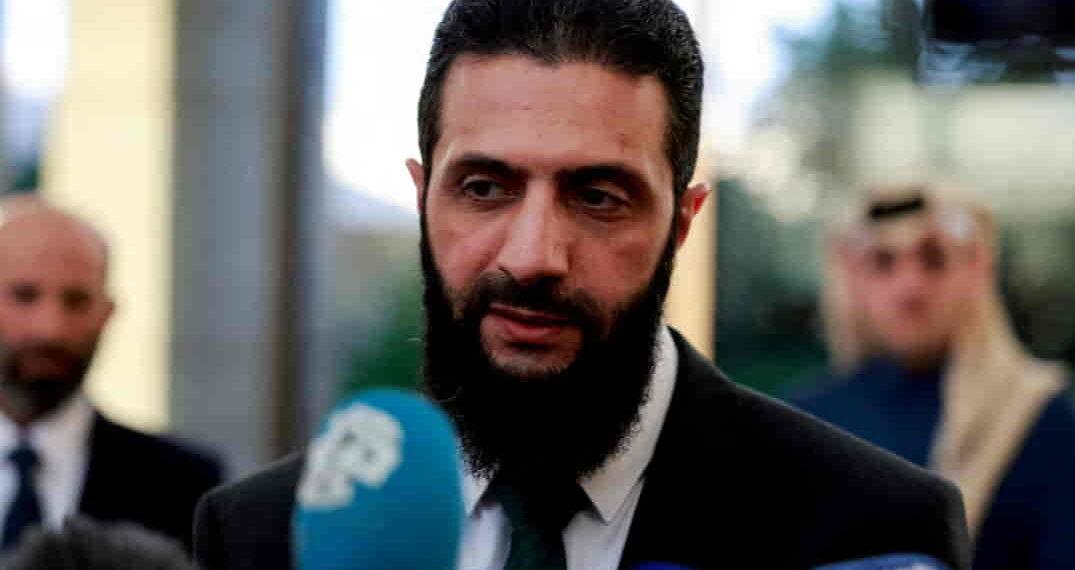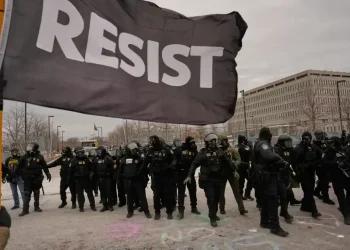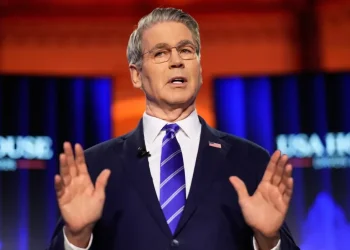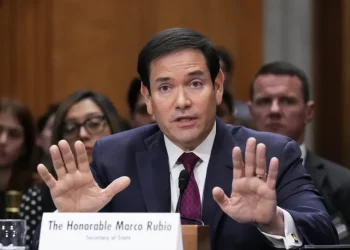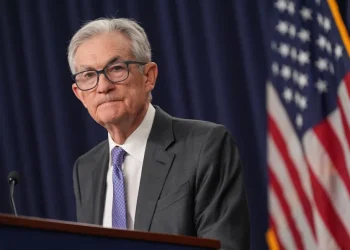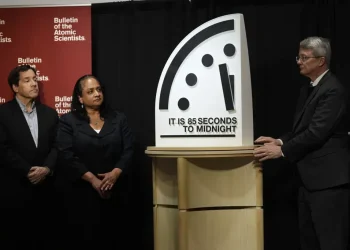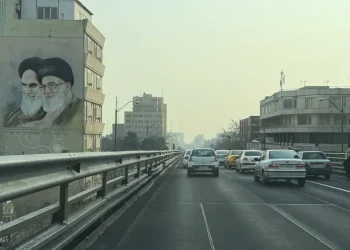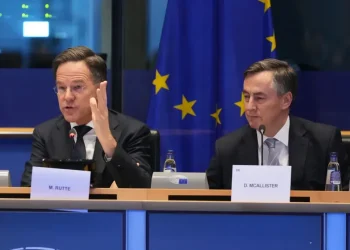Exclusive: Syria’s Sharaa to Discuss Defense Pact with Turkey’s Erdogan, Sources Reveal
Syria’s transitional president, Ahmed al-Sharaa, is set to meet Turkish President Recep Tayyip Erdogan in Ankara on Tuesday to discuss a potential joint defense pact, sources close to the matter said. The proposed agreement could include the establishment of Turkish airbases in central Syria and the training of Syria’s new army, as the country rebuilds in the aftermath of Bashar al-Assad’s ouster.
Key Points from the Meeting
Sources familiar with the discussions—ranging from a Syrian security official to regional intelligence sources—confirmed that this is the first time details of a strategic defense arrangement between Syria’s new leadership and Turkey have been made public. The pact is expected to see Turkey play a significant role in Syria’s military rebuilding, including:
- New Turkish Airbases: The possibility of Turkey establishing airbases in Syria’s central desert region, the Badiyah, and using Syrian airspace for military operations.
- Troop Training: Turkey potentially taking the lead in training the newly restructured Syrian army, which is working to integrate various former rebel factions into a unified military command.
While the defense pact is not expected to be finalized during Tuesday’s talks, the meeting will set the groundwork for future military cooperation.
Turkey’s Growing Role in Syria
Turkey, a NATO member, has long supported Syria’s opposition against the Assad regime. With Assad’s forces ousted following a swift offensive led by Sharaa’s forces, Turkey is positioning itself to fill the vacuum left by Iran, Assad’s primary regional backer. This shift could escalate tensions in the region, especially with Gulf Arab states and Israel, both of which are closely watching Turkey’s expanding influence in Syria.
Turkish Bases and Air Defense
The sources revealed that Turkey is looking to establish military bases in Syria, specifically in the Palmyra military airport and the T4 base in the Homs province. These bases would not only strengthen Turkey’s military presence but could also be used to protect Syrian airspace from future attacks.
Turkey’s role could include air defense, with officials indicating that the new bases may help bolster Syria’s defense against external threats. These developments come at a time when Russia, another key player in Syria, is also negotiating with the new Syrian administration about the future of its own military bases in the country, particularly in Tartous and Latakia.
Turkey’s Message to Kurdish Fighters
One of the driving factors behind Turkey’s interest in setting up bases in central Syria is to send a strong message to Kurdish forces in the northeast. Ankara considers the People’s Protection Units (YPG), a Kurdish militia, to be an extension of the Kurdistan Workers’ Party (PKK), which has been involved in an insurgency against Turkey since 1984. Turkey views the PKK as a terrorist group and has threatened military action against the YPG, although talks are currently underway to address the issue of Kurdish forces in Syria.
Joint Fight Against Terrorism
In addition to discussing military bases and troop training, Turkish and Syrian military delegations have recently exchanged views on defense and security issues, particularly in the fight against terrorist organizations that threaten both nations. A Turkish defense ministry official emphasized that future meetings would focus on joint strategies for addressing these security concerns.
Building Regional Partnerships
Syria’s new leaders, including Defense Minister Murhaf Abu Qasra, have expressed a desire to build strong regional partnerships to bolster the country’s military capabilities. While the specifics of a partnership with Turkey were not previously mentioned, the Syrian government is open to international cooperation in areas like arming, training, and air defense.
In December, Turkish Defense Minister Yasar Guler confirmed that Turkey is “ready to provide the necessary support” if the new Syrian administration requests assistance, signaling a potential reevaluation of Turkey’s military presence in Syria in the near future.
Conclusion
The upcoming meeting between Sharaa and Erdogan marks a pivotal moment in Syria’s post-Assad era, as Turkey positions itself as a key military partner in the country’s rebuilding process. With the prospect of Turkish airbases and military training for Syria’s new army, the strategic relationship between the two nations could have wide-reaching implications for the region’s balance of power.
Source
This article was rewritten by JournosNews.com based on verified reporting from trusted sources. The content has been independently reviewed, fact-checked, and edited for accuracy, neutrality, tone, and global readability in accordance with Google News and AdSense standards.
All opinions, quotes, or statements from contributors, experts, or sourced organizations do not necessarily reflect the views of JournosNews.com. JournosNews.com maintains full editorial independence from any external funders, sponsors, or organizations.
Stay informed with JournosNews.com — your trusted source for verified global reporting and in-depth analysis. Follow us on Google News, BlueSky, and X for real-time updates.
